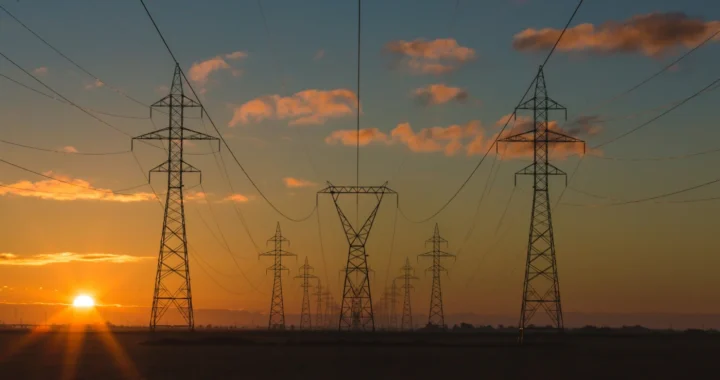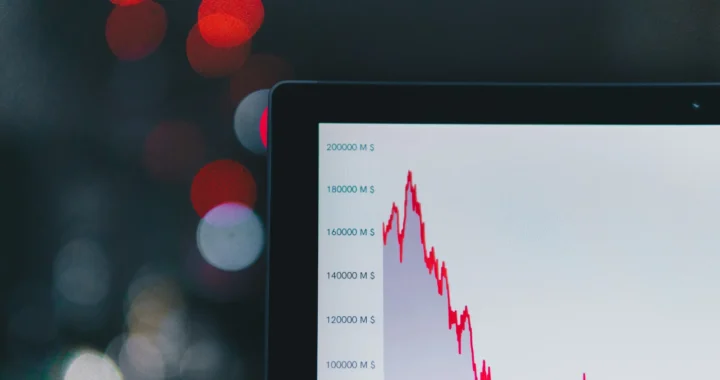Air Pollution is Linked to Higher Dementia Risk

Photo: Lifestylememory on Freepik..
Breathing clean air is fundamental to both our health and a sustainable future. Yet today, air pollution has become an all-too-common reality. The consequences go beyond respiratory problems like asthma—it can affect how our brains age, too. Recent studies show that long-term exposure to air pollution increases dementia risk.
Understanding Dementia
Dementia is a health condition that affects people’s memory, thinking, behavior, and everyday activities. The most common form of dementia is Alzheimer’s disease. The World Health Organization considers dementia as among the leading causes of disability and dependence among older people globally.
Around 55 million people live with dementia worldwide, with more than 60% of them in low- and middle-income countries where populations are aging fast. Furthermore, the numbers keep increasing, adding about 10 million new cases each year. The total number of people with dementia could rise to 153 million by 2050.
Dementia significantly interferes with people’s daily lives. It reduces people’s independence by making communication harder and increasing the risk of infections, falls, and poor nutrition. Furthermore, it also deeply affects caregivers, leading to stress, financial strain, and mental health challenges.
Link Between Air Pollution and Dementia Risk
Researchers from the University of Cambridge found new evidence linking air pollution to dementia risk. They reviewed 51 studies with data from more than 29 million people across North America, Europe, Asia, and Australia. The findings showed a clear connection between polluted air and higher dementia risk.
The study highlighted three main pollutants: fine particulate matter (PM2.5), nitrogen dioxide (NO2), and soot. Every 10 micrograms of PM2.5 raised dementia risk by 17%. Nitrogen dioxide raised it by 3%, and soot by 13% per microgram. These pollutants mainly come from fossil fuels, factories, and traffic in cities.
Scientists believe the damage comes from inflammation and oxidative stress in the brain. Pollutants can travel from the lungs to the bloodstream, reach the brain, and harm cells, which speeds up cognitive decline. The risk is especially high for vascular dementia, linked to poor blood flow in the brain.
However, most of the studies were done in high-income countries, while low- and middle-income regions, where people often face more pollution, were underrepresented. This highlights the need for more inclusive global research.
Clean Air for Public Health
Air pollution is a pressing public health issue that demands immediate action. Cleaner air is not only about reducing smog or improving visibility; it is about protecting our lungs, hearts, and even our brains.
Preventing air pollution must remain a priority, and reducing emissions from vehicles, industries, and fossil fuels is a critical step. Doing this requires systemic changes that protect both people and the planet.
Governments must implement stronger policies to limit emissions and enforce air quality standards so industries are obligated to shift toward cleaner and more sustainable practices. Furthermore, investments in public transport systems and urban green spaces are important to create healthier environments while reducing reliance on polluting sources.
All in all, collective action is key as clean air is a shared responsibility. By ensuring the right to clean air today, we advance public health for the wellbeing of our and future generations.
Editor: Nazalea Kusuma & Kresentia Madina

If you find this content useful, please consider subscribing to Green Network Asia.
Your subscription will give you access to our interdisciplinary and cross-sectoral insights on sustainability-related issues and sustainable development across the Asia Pacific and beyond, strengthening your personal and professional development while supporting GNA’s financial capacity to continue publishing content dedicated to public education and multi-stakeholder advocacy.
Select Your Subscription PlanDinda Rahmania
Dinda is a Reporter at Green Network Asia. She is currently studying undergraduate program of International Relations at President University.


 Developing Financing Initiatives for the ASEAN Power Grid
Developing Financing Initiatives for the ASEAN Power Grid  Imparting Actionable Knowledge Through Sustainability Training Activities
Imparting Actionable Knowledge Through Sustainability Training Activities  Stop Funding Factory Farming in Vietnam: Pathway to Financing a Just and Sustainable Food System
Stop Funding Factory Farming in Vietnam: Pathway to Financing a Just and Sustainable Food System  When Green Turns Excessive: The Overproduction and Overconsumption of Reusables
When Green Turns Excessive: The Overproduction and Overconsumption of Reusables  SDG Venture Scaler Aims to Drive Sustainable Investment in Southeast Asia
SDG Venture Scaler Aims to Drive Sustainable Investment in Southeast Asia  Improving Primary Education in Central Asia
Improving Primary Education in Central Asia